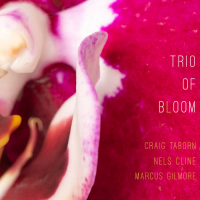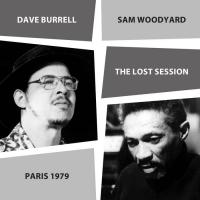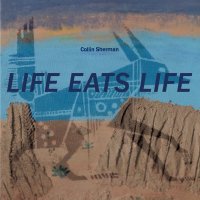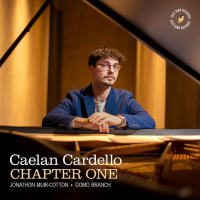Home » Jazz Articles » Album Review » Dexter Gordon: American Classic
Dexter Gordon: American Classic

Bud Powell
piano1924 - 1966

Charlie Parker
saxophone, alto1920 - 1955
In truth, Gordon was playing himself on the screen, for like Powell and Parker he too had suffered extended bouts of alcohol and heroin addiction. His own experiences helped Gordon bring conviction to his role, but by the 1980s those same experiences had taken a cumulative toll on his own music. No longer the turbulent force of hard bop nature heard on Blue Note albums such as Doin' Alright (1961), Our Man In Paris (1963) and Getting' Around (1965), his playing was slowing up and his range was diminishing.
But that's to compare late period Gordon with his younger self. Even in the last decade of his life, Gordon (1923-1990) still had the power to make other players feel inadequate. He found that form on the closing two tunes on American Classic: his own, medium-fast blues "Sticky Wicket" and 
Johnny Mercer
composer / conductor
1909 - 1976
Hoagy Carmichael
piano
1899 - 1981
Kirk Lightsey
piano
b.1937
Steve Gadd
drums
b.1945
The disc's opening three tracks are not so spectacular, and feature Gordon alongside organist 
Shirley Scott
organ, Hammond B3
1934 - 2002
Grover Washington, Jr.
saxophone
1943 - 1999
The 2:02 minute interview tagged onto the end of the disc (it was on the original release too) is an opportunity to hear Gordon's voice, but don't expect any revelations: the questions are of the "Where do you find all your inspiration?" variety.
Track Listing
Jumpin' Blues; Besame Mucho; For Soul Sister; Sticky Wicket; Skylark; Interview with Dexter Gordon.
Personnel
Dexter Gordon
saxophone, tenorDexter Gordon: tenor saxophone; Grover Washington: soprano saxophone (1, 3); Shirley Scott: organ (1-3); Kirk Lightsey: piano (4, 5); David Eubanks: bass; Eddie Gladden: drums.
Album information
Title: American Classic | Year Released: 2010 | Record Label: Warner Bros.
Tags
Comments
PREVIOUS / NEXT
Support All About Jazz
 All About Jazz has been a pillar of jazz since 1995, championing it as an art form and, more importantly, supporting the musicians who make it. Our enduring commitment has made "AAJ" one of the most culturally important websites of its kind, read by hundreds of thousands of fans, musicians and industry figures every month.
All About Jazz has been a pillar of jazz since 1995, championing it as an art form and, more importantly, supporting the musicians who make it. Our enduring commitment has made "AAJ" one of the most culturally important websites of its kind, read by hundreds of thousands of fans, musicians and industry figures every month.


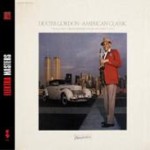

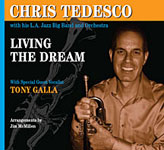


 Buy Now
Buy Now






